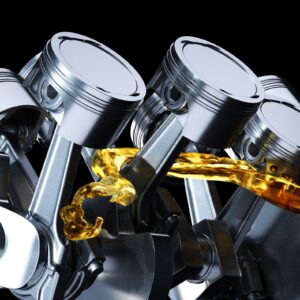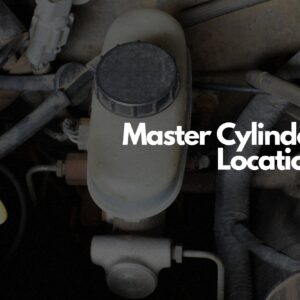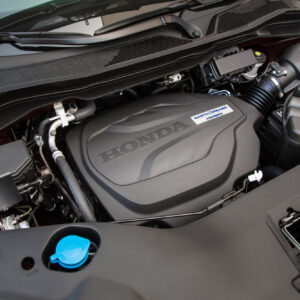Four-cylinder engines are the choice for most sedans and compact SUVs because they offer a great balance of performance and efficiency. Three-cylinder engines aren’t as common, but vehicle manufacturers are now putting more of them under their vehicles’ hoods. So, you might be wondering, are 3-cylinder engines good?
Are Three-Cylinder Engines Reliable?
An engine’s cylinder count hardly dictates its reliability. All engines regardless of cylinder count go through millions of hours of development to ensure they’re reliable as long as they’re properly maintained. The main factors determining an engine’s reliability are the manufacturer’s design and the owner’s preventative maintenance.
Three-cylinder engines might seem new, but they’re just uncommon in the US. Japan has been using three-cylinder engines for decades in its Kei cars. One reason why three-cylinder engines are only being installed in vehicles in the US now is because auto manufacturers are facing stricter emissions regulations.
How Are Three-Cylinder Engines Different?
Small Size
Aside from having fewer cylinders, three-cylinder engines tend to have smaller displacements. The combination of these means that three-cylinder engines are much more compact than other engine types. The reduced size means they can be mounted longitudinally or transversely even in small hoods. The engine’s compact nature could be the main reason why Japan’s Kei cars predominantly use three-cylinder engines.
Less Weight
A smaller engine means they have less material. Not only does this make the engine require less material to produce, but the engine and whole vehicle is also going to weigh less. A lighter engine can affect the ride and handling of the vehicle. Because of the reduced weight, a three-cylinder vehicle might have better braking and cornering abilities.
Better Fuel-Efficiency
Since there are fewer cylinders, there’s also less metal-to-metal contact inside the engine that causes friction. Hence, three-cylinder engines tend to be more fuel-efficient than engines that have more cylinders.
The improved fuel efficiency also means three-cylinder engines have reduced emissions and can pass stricter emissions standards implemented by the government.
Less Power
Since three-cylinder engines typically have small displacements, they also usually produce less power. However, this isn’t always the case. The power of some three-cylinder engines is comparable with four-cylinder engines that have similar displacements.
Many sport-oriented vehicles with three-cylinder engines are supplemented with a turbocharger so it can still have good power numbers.
Less Refined
Three-cylinder engines can feel less refined because they noticeably create more vibrations and require balancers to keep the engine running smoothly. This is especially noticeable when idling or driving in low RPM situations.
Many luxury vehicles typically have engines with more cylinders because of their impact on ride quality. Larger engines with more cylinders tend to produce a more comfortable ride that has less vibrations. This is due in part to the engine’s weight. However, it’s also because engines with more cylinders create power more evenly.
Unique Sound
The sound of a three-cylinder engine is certainly unique. Since engine sound can be a subjective preference, its uniqueness can come off as cheap or cool. Some people have found that three-cylinder engines can sound more like a golf cart than a vehicle in certain scenarios. However, some people find that its sound is reminiscent of a flat-six engine.
Louder Engine Noise
Three-cylinder engines tend to make more engine noise. Take note that engine noise is the noise you hear from under the hood. This is different from exhaust noise, which comes from the exhaust pipe. The increased volume is because the engine block has less material that can dampen the sound. Three-cylinder engines also have less oil and coolant that can absorb noise and vibration.
Examples of Cars With 3-cylinder Engines
Some examples of vehicles with three-cylinder engines include the Mini Cooper, BMW i8, and Toyota GR Corolla. These three models benefit from the compact size and lightweight nature of three-cylinder engines since they’re designed to have great handling and a sporty driving experience. Despite their smaller displacement compared to larger engines, these modern three-cylinder units are designed with turbochargers and advanced fuel injection systems, delivering a balance of good power output and excellent fuel economy.
Any information provided on this Website is for informational purposes only and is not intended to replace consultation with a professional mechanic. The accuracy and timeliness of the information may change from the time of publication.




















